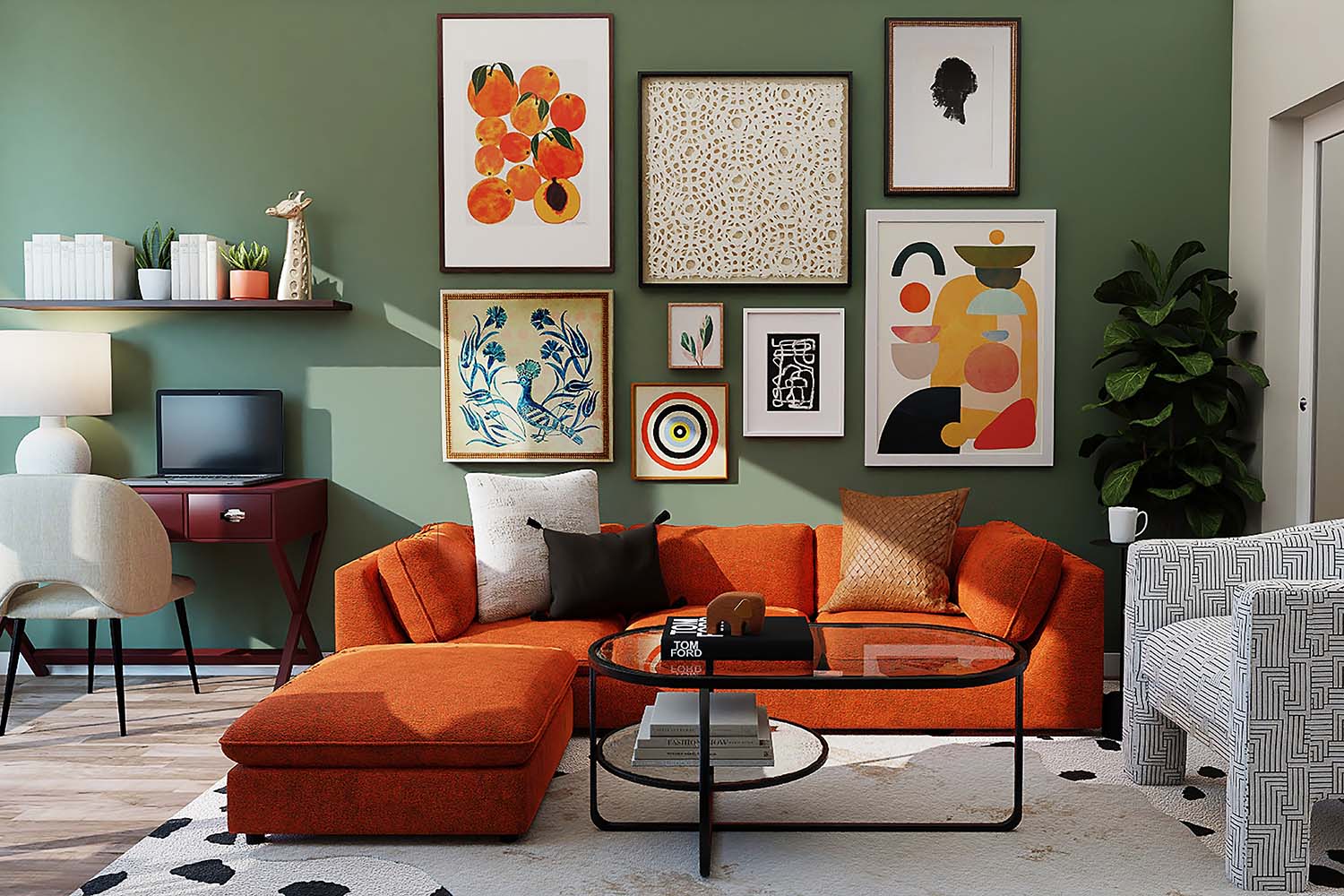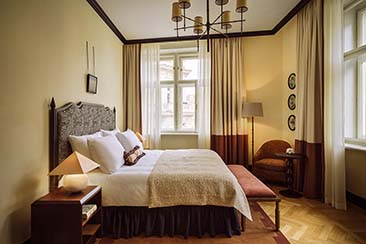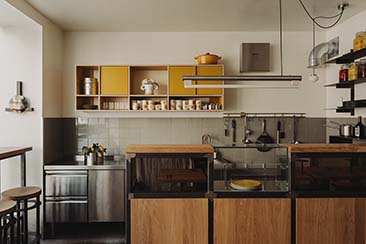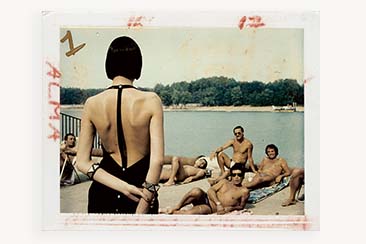Becoming a professional in a particular field is not always that easy. When one wants to become a highly-rated journalist, they have to browse top news sites. Like Yahoo.com, NBC.com, CNN.com. This helps them to see how leading experts do their job. If a student wants to learn how to write essays that will help them get an honours degree, they turn to professional services like DoMyPapers.com for practical help. The same goes for how to become an interior designer…
Do your friends often turn to you when they are looking for ways to have their homes redecorated? Do they trust your opinion when it comes to deciding what kind of wallpaper or paint to choose for a home improvement project? If so, you may have already thought that you can apply this kind of talent commercially. Perhaps it is true. Thousands of people hire someone to do their interior design for them.
However, doing it as a hobby for your friends and taking it to a professional level are two completely different things. Before you commit yourself and start your own interior designing business, you may have to ask yourself if you have the necessary skills to do it professionally.
But what are these skills? In this article, we will cover some of the more important of them.
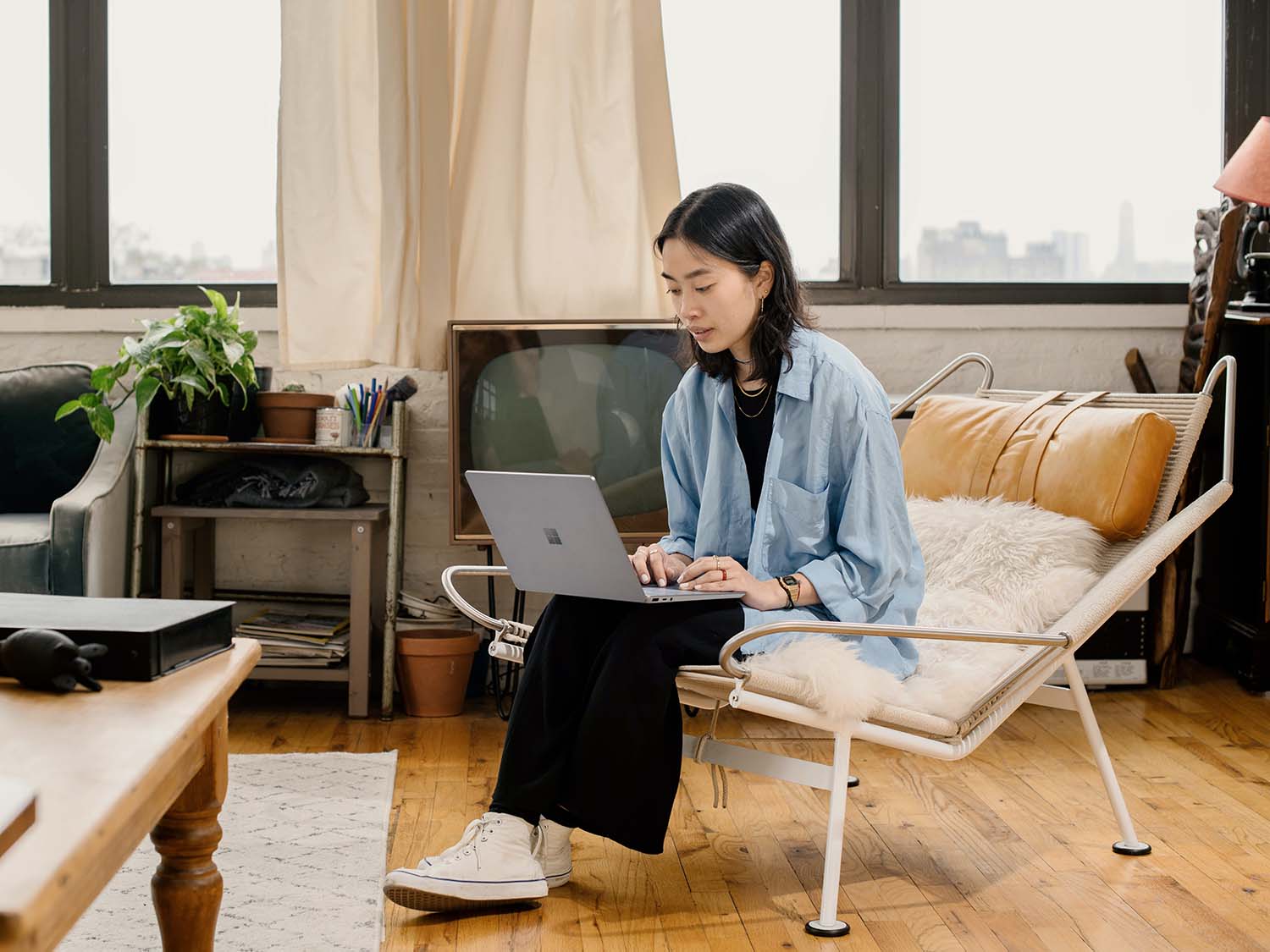
Photo, Surface.
Creativity
Right now, you probably think something like, “Well, what would be the point of me becoming an interior designer if I were not sure in my creativity?” It is a viable concern. You should, however, consider this: interior design is quite different from most other creative pursuits because in it you do not necessarily develop and express your own individual style.
Nine times out of ten, you will be constrained by the client’s needs and preferences. As well as the limitations of the space you work with. Most of your creativity will be aimed not at expressing your creative vision per se, but at doing the best you possibly can within these boundaries.
You will solve problems and look for workarounds caused by insufficient space, difficult renovations, and unusual colour palettes. Is this kind of creativity your thing? Then interior design is the right choice for you.
Communication Skills
You may think that interior design is a purely creative pursuit. As long as you have vision and inspiration, you do not have to worry about anything. Right? In reality, things are a bit more complicated. The thing is, an interior designer cannot exist in isolation. They have to communicate with their clients effectively.
While you may have the necessary vision, your clients may have different opinions. And it is your job to persuade them. Likewise, you have to be an excellent listener to understand what your clients need and transform their requirements into a high-quality proposal. In addition, you have to deal with architects, engineers, contractors, and other specialists.
If your communication skills are lacking, you have to pay extra attention to improving them. Because without them you will not be able to work with clients effectively. You have to be good at both written and spoken communication. So, study accordingly. Take a public speaking course online at thought-leader.com where you will be taught to sway the audience to your viewpoint. Write an essay paper based on original research. Work on your skills of presenting logical arguments.

Photo, Keren Levand.
Budgeting
Usually, your clients will come to you with an idea and a budget, and the cost of implementing the former is often significantly higher than the latter. It is your job to give the client the loudest bang for their buck. You need to find creative ways to save money. Cheaper approaches to implementing extravagant ideas. And so on.
You will have to give your clients a realistic idea of what they can get for their money. Without making them feel constrained. In other words, the real difficulty of interior design is not implementing an idea. It is in implementing it in a way that will not bankrupt your customers.
Spatial Balance
People often feel a certain way when they enter a room. They may get nervous without a visible reason, or start getting depressed, or vice versa, feel themselves calming down. Interior designers are supposed to know what produces such effects and how to achieve them.
By working with lighting, location of furniture, colour palettes, and other factors, a skilled interior designer can affect the moods and behaviours of people who spend time in the room. It is partially something you feel intuitively. But a lot of it can be learned. And you may want to spend some time taking relevant courses before you attempt anything serious in the interior design business.

Photo, Robert Katzki.
Colour Knowledge
Your client may have an idea of what colours you should use; but it is your job as an interior designer to use colours, their combinations, and juxtapositions not just to meet the customer’s requirements, but to turn the space into the best version of itself. Colours can make a room look bigger or smaller, influence people’s moods, and produce other effects that may not be immediately obvious to the people who do not understand the basics of colour theory.
Mastery of Design Trends and Styles
Your clients may have their own, very particular ideas of what kind of look they want. Whether it means following an ultra-modern design trend or reimagining a specific stylistic pattern from half a century ago, you should be able to understand what they want and turn their dreams into reality. This means not just following the current trends dominating the market. But also constantly keeping in mind classic design elements, even studying design history.
As you can see, becoming an interior designer is not as simple as some people make it out to be. Even if you have a natural talent in this area, the most it will do for you is make it easier to learn what you need to learn. It cannot replace experience, research, and understanding of the theoretical basics of the industry.
Before you start a full-scale business in this field, you have to make sure you can keep up with other interior designers and even offer something they cannot. And it means spending time studying and acquiring the necessary skills.
